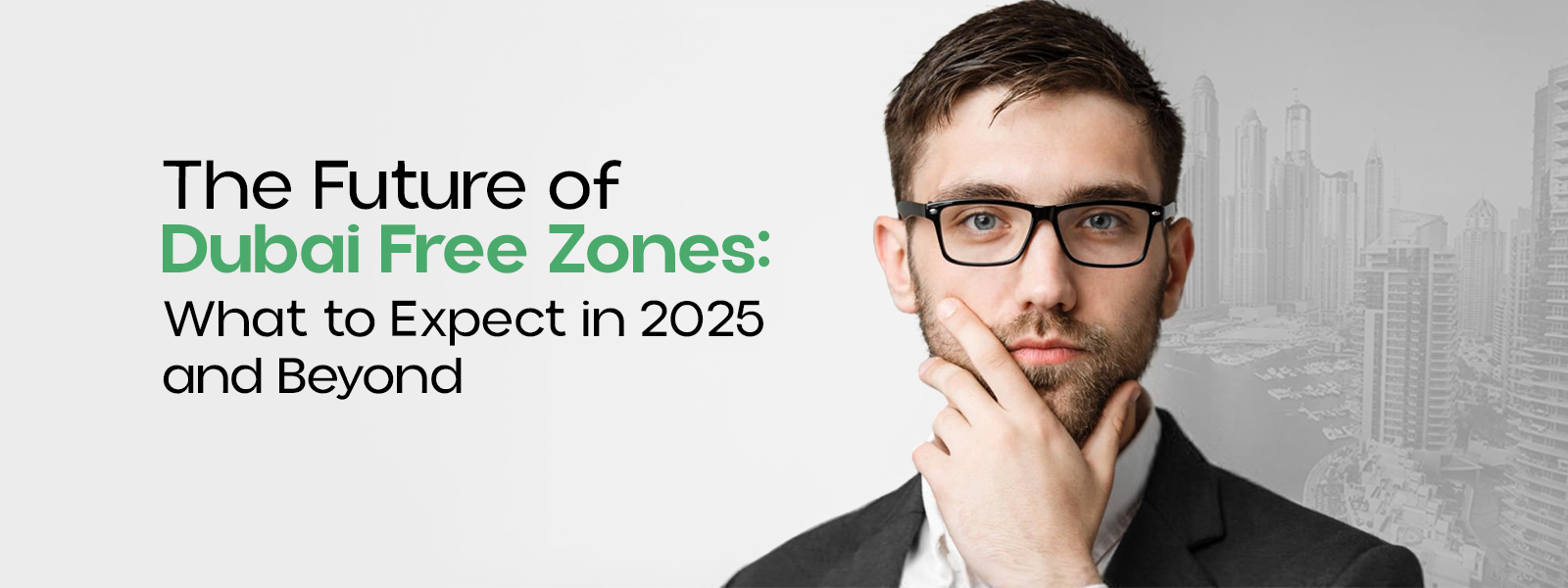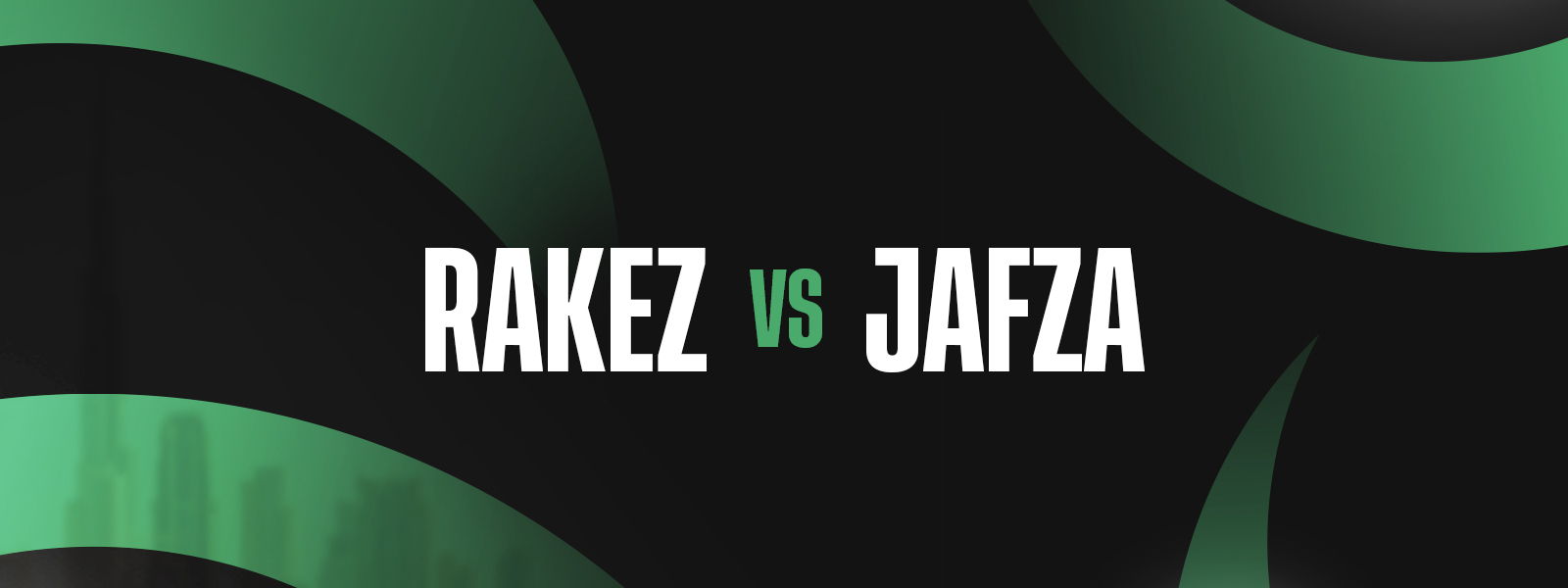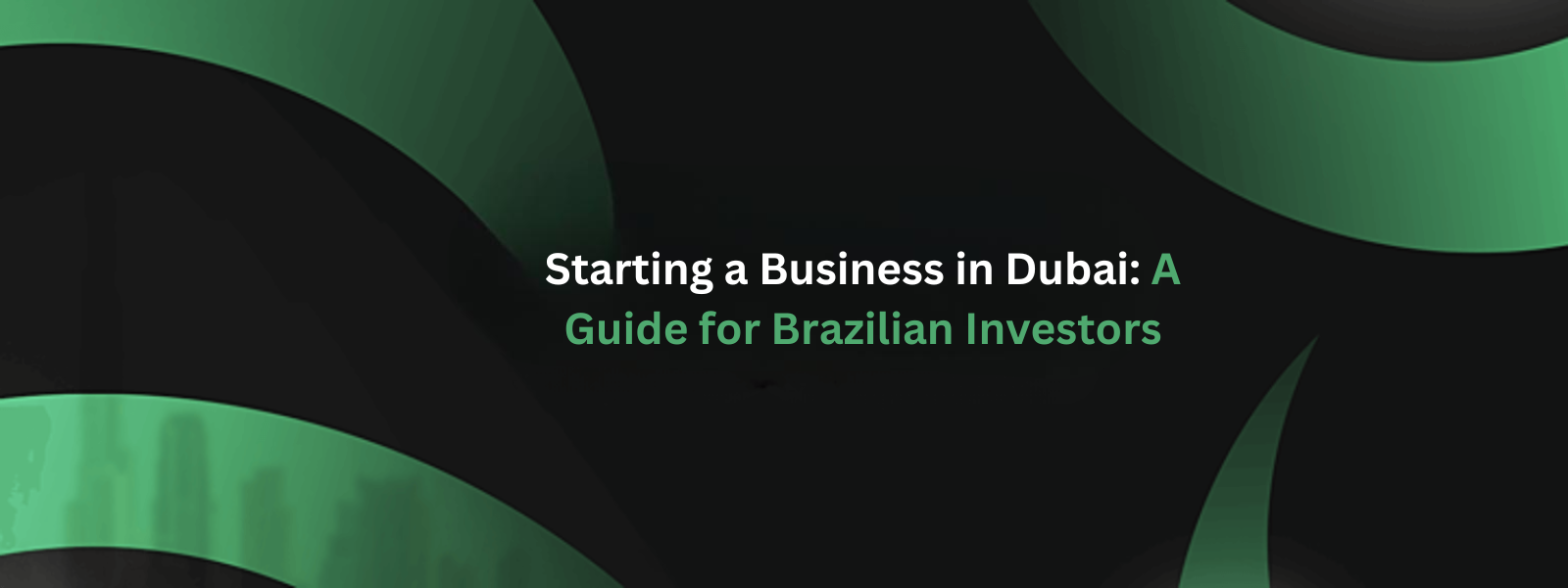Dubai has long been recognized as one of the world’s most dynamic business hubs, attracting entrepreneurs and investors from across the globe. With its strategic location, world-class infrastructure, and business-friendly laws, the emirate consistently provides a fertile ground for startups. As we approach 2025, the landscape of business setup services in Dubai is poised for significant transformation. This evolution will be driven by global trends, technological advancements, and shifting market demands.
Understanding these upcoming changes can provide a crucial competitive edge for those considering launching a business in Dubai. In this blog, we will explore the major trends, innovations, and changes shaping business setup services in Dubai in 2025 and beyond, ensuring that investors are well-prepared for success.
The Evolution of Free Zones
Dubai currently boasts 44 free zones, each designed to cater to specific industries such as technology, logistics, healthcare, and finance. The UAE government has recognized these zones’ crucial role in economic diversification and job creation.
In 2025, the World Free Zones Organisation plans to launch the “Free Zone of the Future” initiative, which aims to redefine Dubai’s free zones as hubs for innovation and entrepreneurship. These initiatives will focus on key sectors such as renewable energy, healthcare, tourism, agro-industries, and manufacturing. The UAE aims to enhance stakeholder collaboration and drive sustainable growth by integrating free zones into a national economic framework.
Key Trends Shaping the Future
Several vital trends, reflecting global priorities and local initiatives, shape the future of Dubai’s free zones. These trends are crucial for businesses looking to prosper in an increasingly competitive and environmentally cognizant landscape.
- Increased Focus on Sustainability
As the urgency surrounding climate change escalates, sustainability has become a central focus for Dubai’s free zones. Initiatives have been introduced to reduce carbon footprints and promote renewable energy, which are being prioritized. An example of this standard is the Jebel Ali Free Zone (JAFZA), which sets ambitious goals to achieve carbon neutrality by 2050, with a target of reducing carbon emissions by 57% compared to 2019 levels by 2030. This includes significant investments in renewable energy, where 93% of its electricity usage was generated from renewable sources in 2023. The prioritized sustainability aligns with global environmental goals and attracts businesses committed to responsible practices.
- Digital Transformation
Digital technologies are transforming business operations within Dubai’s free zones. Companies increasingly adopt digital logistics, supply chain management, and customer engagement solutions. This trend is expected to accelerate as businesses seek greater efficiency and innovation through advanced digital platforms and e-governance services. The integration of these technologies helps streamline processes and enhances businesses’ overall operational capabilities.
- Enhanced Infrastructure
Dubai continues to invest laboriously in infrastructure development, further solidifying its position as a global trade hub. Ongoing improvements in logistics facilities, transportation networks, and innovative urban initiatives enhance connectivity between free zones and international markets. This robust infrastructure supports the seamless movement of goods and services, making it easier for businesses to operate globally.
- Regulatory Improvements
The UAE government is focused on creating a more business-friendly environment by simplifying regulations and minimizing bureaucratic hurdles. These regulatory improvements are designed to attract more international businesses seeking a stable investment climate. By fostering a transparent and efficient regulatory framework, Dubai’s free zones aim to enhance their appeal to foreign investors.
- Sector-Specific Zones
The establishment of sector-specific free zones is gaining momentum in Dubai. These specialized areas cater to particular industries, such as technology, healthcare, and green businesses, fostering ecosystems that encourage innovation and collaboration among companies within similar fields. For example, dedicated zones for tech startups provide tailored infrastructure and support services that align with industry needs, promoting growth and competitiveness. This is a testament to the inspiring potential for growth and success in Dubai’s free zones.
Opportunities for Businesses
The future landscape of Dubai’s free zones is poised to offer many opportunities for local and international businesses. These designated areas, known for their unique regulatory frameworks and incentives, are designed to attract foreign investments and promote economic growth.
- Access to Global Markets
Dubai’s strategic location enhances its appeal as a gateway to global markets. The Jebel Ali Free Zone (JAFZA) is notable and recognized as the best industrial zone globally. This positioning allows businesses to easily connect with markets across Europe, Asia, and Africa, facilitating international trade and expansion.
- Networking Opportunities
Free zones in Dubai frequently organize events that foster networking among entrepreneurs, investors, and industry leaders. These gatherings provide platforms for collaboration and partnership, which can significantly enhance business growth through shared resources and knowledge.
- Supportive Ecosystem
The UAE government’s support for startups and small to medium enterprises (SMEs) within free zones is a testament to the nurturing environment it aims to create. This support includes funding opportunities, mentorship programs, and streamlined business setup processes. Such initiatives not only foster innovation and entrepreneurship but also create a supportive ecosystem that encourages business growth.
Challenges Ahead
Despite the promising outlook for Dubai’s free zones, several challenges must be navigated:
- Global Economic Uncertainty
Current global economic conditions, marked by high inflation rates and geopolitical tensions, threaten investor confidence. Businesses operating in these zones must remain agile and adaptable to manage these uncertainties effectively.
- Competition from Other Regions
As countries worldwide develop their free zone models, Dubai faces increasing competition. Dubai’s free zones must continuously innovate and enhance its offerings to maintain its competitive edge.
- Talent Acquisition
Attracting skilled professionals remains a significant challenge for businesses in Dubai’s free zones. To compete effectively globally, these zones must implement strategies that appeal to top talent worldwide, ensuring that companies have access to the necessary skills and expertise.
Conclusion
As we move into 2025 and beyond, Dubai’s free zones are set to evolve significantly. With a focus on sustainability, digital transformation, enhanced infrastructure, regulatory improvements, and sector-specific initiatives, these zones will continue to be vital engines of economic growth in the UAE. Businesses looking to establish a presence in this dynamic environment should prepare for a landscape rich with opportunities while remaining mindful of potential challenges.
In summary, the future of Dubai’s free zones is bright with possibilities—offering an attractive platform for innovation and entrepreneurship that aligns with global trends while addressing local needs. Whether you are a startup or an established enterprise, now is the time to explore what Dubai offers in this ever-changing landscape.






















